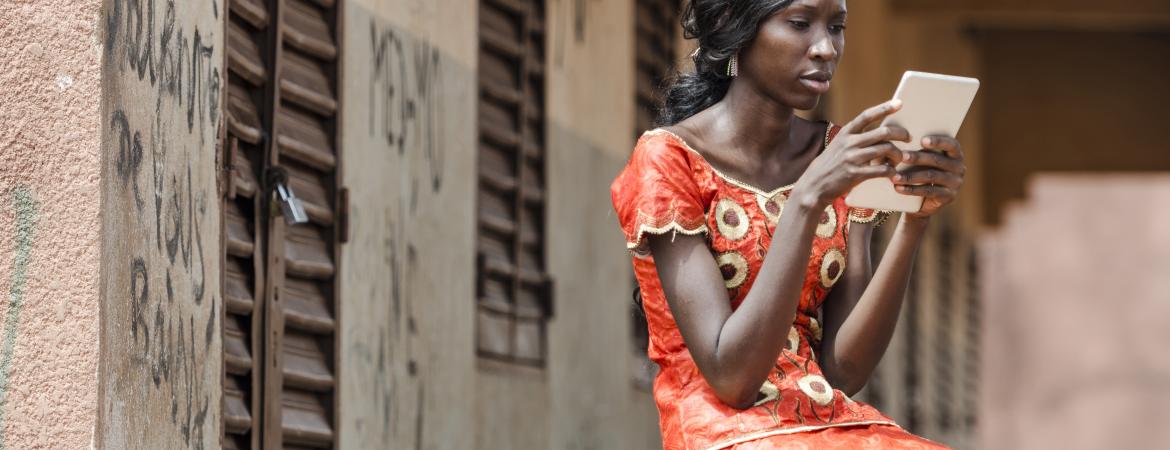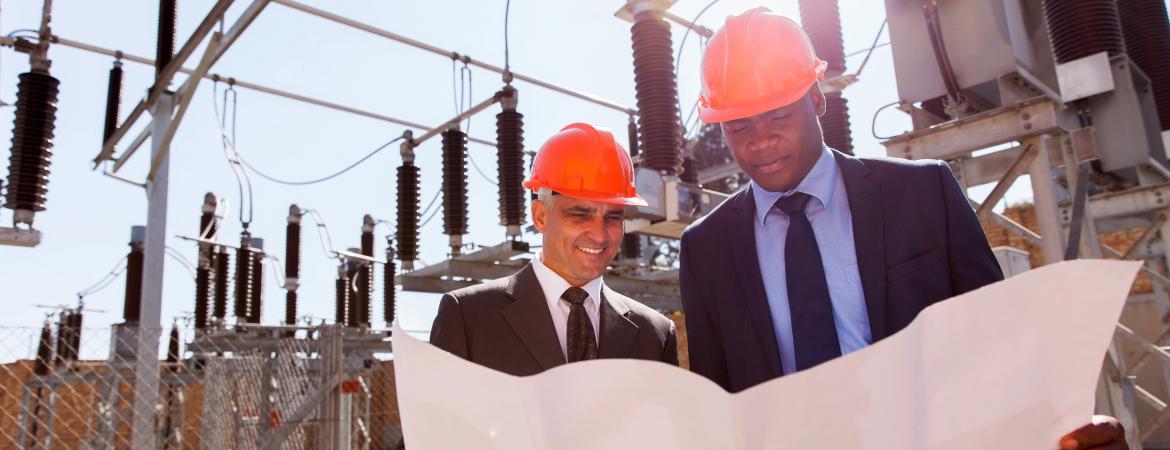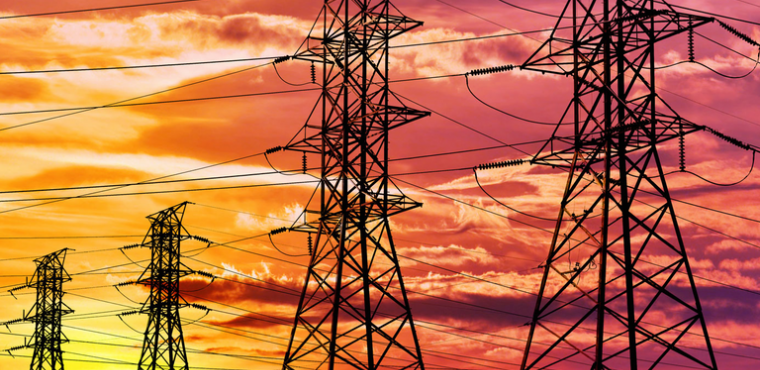The impacts of the COVID-19 pandemic have and will be widespread across all sectors and economies, including the power sector. Resilience to external shocks of this sort are in part underpinned by the capacity of key systems, such as power supplies, to provide critical services.
From powering health sectors under unprecedented stress and ensuring key supply chains continue to function, to supporting governance and security capabilities – the dependence of populations on reliable energy supplies will be thrown into sharp relief.
It is likely that COVID-19 will reveal new issues to consider in future approaches to energy system planning, operation and maintenance in developing countries – whether they relate to better understanding of the role reliable power plays in underpinning societies’ resilience to pandemics or the impact global health crises have on the resilience of power systems themselves.
Research on the relationship between COVID-19 and electricity and economic growth will be key. Read more here about how EEG is responding to the need for evidence.
An online workshop investigating the impacts and coping mechanisms for COVID-19 in Malawi’s energy sector is being organised by a team from Mzuzu University, Malawi.
The preventative measures put in place in the country (such as working from home, restricting the number of people in workplaces, social distancing and strict hygiene requirements) can increase operational costs across a number of business sectors and is causing businesses to stand still. The induced shutdowns bring complications to the supply chain management of traditional biomass, which contributes 89% of Malawi’s energy mix. It is therefore important to understand how the energy sector in Malawi is coping with the crisis and what lessons can be learnt for future energy systems management planning.
The workshop will examine the options for meeting energy needs in light of the dictates for preventing COVID-19, and will draw lessons for enhancing energy system resilience. Conducted via an online platform, the workshop will involve 22 participants from government ministries, utilities and energy companies, energy and construction regulators, a consumer association, civil society, professional bodies and development partners in Malawi.
Access to reliable electricity during the COVID-19 crisis will allow households and businesses to continue productive activities, operate machinery and stay up to date with accurate public health information, helping to counteract negative economic forces and slow the spread of the pandemic. But with stay-at-home orders and lockdown restrictions affecting incomes, it’s likely that many people in the world’s poorest communities will be unable to pay monthly electricity bills – meaning they miss out on potential benefits during this crucial time. Increased stress on the electricity grid, and reduced staffing for maintenance, may also cause increased power outages.
As an extension to the EEG-funded GridWatch project, a team from the University of California, Berkeley, is researching resilience to economic shocks through sustained and reliable electricity access.
The team will employ a rapid low-cost phone and SMS surveying, leveraging its ongoing fieldwork in both Kenya and Ghana to generate a sample of more than 2,000 individuals with pre-paid meters, comprising a mix of homes and firms. They will then compare the value of electricity subsidies in rural regions of Kenya as well as in the urban area of Accra, Ghana. The team will monitor the impact of subsidies on those that are receiving them, and on their response to the crisis. They will also investigate issues related to infrastructure stress and increased power outages.

Many Sub-Saharan African countries rely heavily on bilateral and/or multilateral investment and loans to develop and modernise their energy systems. But COVID-19 will have a fundamental impact on national energy development plans, project finance and implementations, and local communities and livelihoods. A team from the UK’s Institute of Development Studies (IDS) is creating an Energy Insight on the effect of COVID-19 on foreign energy investment and finance in sub-Saharan Africa.
The team will examine the impacts and opportunities, with close analysis of the change of policies and risk perceptions among policy makers, investors and financiers. Data will be collected from stakeholder interviews, combined with analysis of media coverage since the pandemic outbreak, with particular focus on existing energy projects and on-going negotiations. The paper will serve to enhance the preparedness from both African governments and investors on the impacts of COVID-19 and identify possible solutions for remedies, new directions and future energy transition pathways.


Research article documenting declines in employment and income in all settings beginning March 2020.

A framework for a resilient regional electricity grid for Bangladesh, Bhutan, Nepal and India

This energy insight provides one solution to the challenge of tracking economic activity at a high temporal frequency and high spatial resolution.

Impacts and coping mechanisms for the pandemic

The potential opportunities for the electricity sector in Africa, particularly for renewable energy systems.

This paper discusses the likely impacts of the Covid-19 pandemic on the ESI in Uganda.

This review focuses on exporting and importing countries, as well as the wider issue of decarbonisation.

This Energy Insight provides an overview of the impact of COVID-19 on LMDs

Measures being taken to support key players in the energy sector.

Read how COVID-19 could be exacerbating the problem

The potential implications for energy access in Sub-Saharan Africa and South Asia.

Simon Trace, EEG’s programme director, explains more in this blog.



